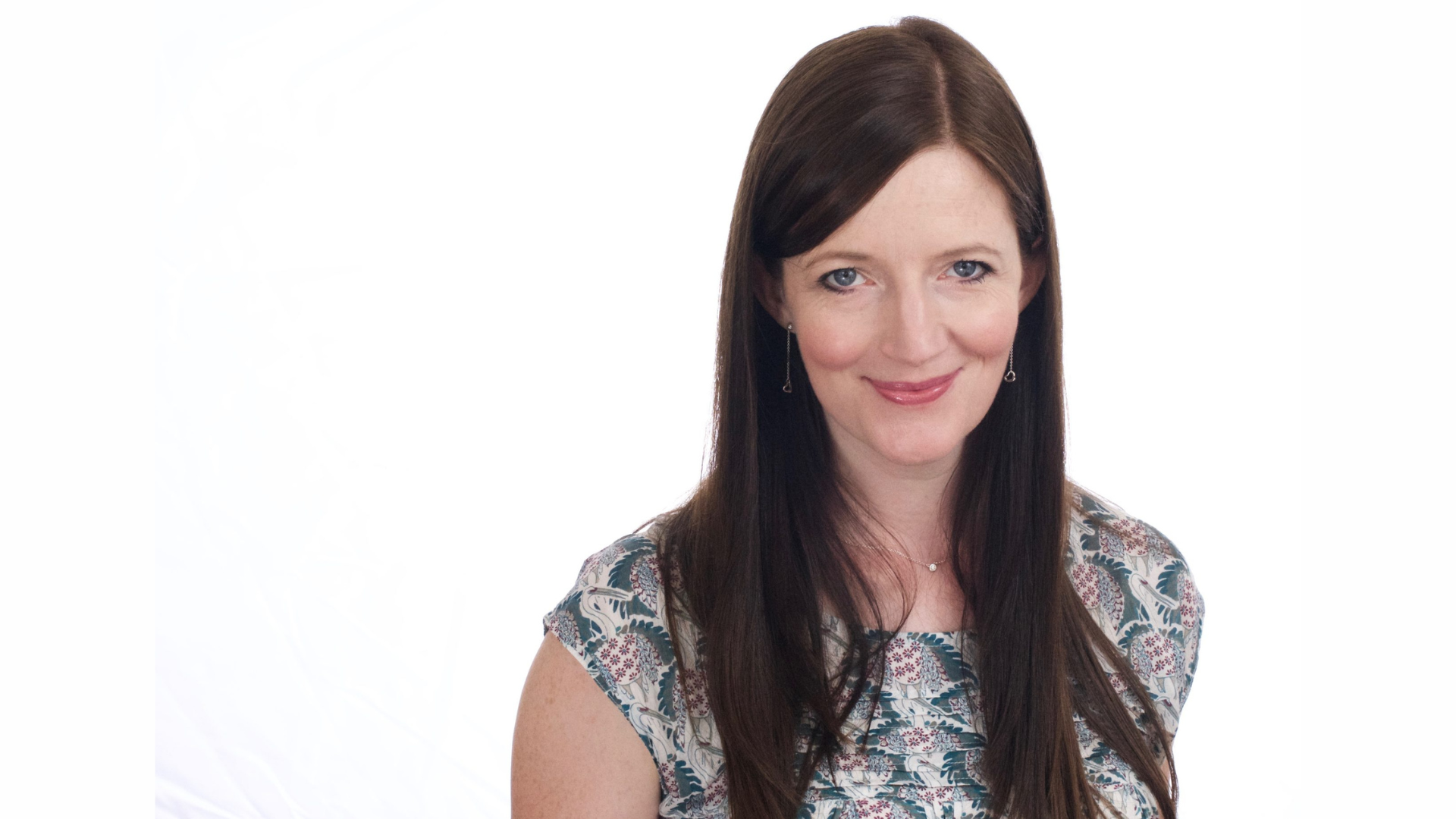Dr Tracey Bowden joined St Bartholomew’s Hospital as a cardiac nurse in 1998 and is now working as a Senior Lecturer in Cardiac Care and Adult Nursing at City St George’s, University of London. She also continues to teach cardiac courses for nurses at the hospital. In 2023, Tracey successfully completed a Barts Charity Clinical Research Training Fellowship.
In her fellowship, Tracey explored whether a brain training programme could improve people’s memory and learning after they have heart surgery – something that patients often struggle with.
Why did you apply for a Barts Charity fellowship?
I joined St Bartholomew’s Hospital in 1998 shortly after qualifying as a nurse, so I have strong affiliations with Barts Health and East London. I had always been interested in research, so applying to the Barts Charity fellowship made sense. It enabled me to fully immerse myself in research and work on that full time.
What were the main goals of your research?
Heart surgery is a common procedure and patients can often experience problems with their cognitive health such as memory and attention. My project explored ways of improving that using brain training.
The brain training programme is called Brain HQ and is commercially available – developed by Posit Science in San Francisco. It’s been tested in many populations, like ageing and cancer populations, but very little has been done looking at this in cardiac populations. This study was the first time anyone has looked at using this intervention in patients who’ve had heart surgery in the UK.
What impact could your research have on patients?
Doing a small amount of brain training exercises each day is not particularly intrusive, and a lot of the patients found it really fun. If it helps, that potentially could help a lot of patients.
I’ve started to think about how to modify the programme to be inclusive of neurodiverse patients too. If I can get funding for a bigger study to prove that the exercises help, they could provide a safe and cost-effective way of improving memory and learning for many patients after heart surgery.
What were the most exciting achievements of your fellowship?
I’ve been able to develop links and collaborations. I’ve joined an international cardiothoracic Research Network and from that we’re doing lots of different work and looking at delivering masterclasses globally in relation to cardiac surgery.
I was able to present my work on our feasibility study nationally and at a European conference and also presented a systematic review at a conference for the European society of Cardiology.
What has the fellowship meant to you?
Developing and expanding my knowledge has been really exciting. I always wanted to do a PhD and was so delighted to be offered a Barts Charity Fellowship – it’s been wonderful.


